The Revision of Stories in Long Division
In revising his debut novel, about Black teenagers who time travel to see their family, Laymon gets to relive the experience of creating and being in his novel, in a world he created to and for his peoples.
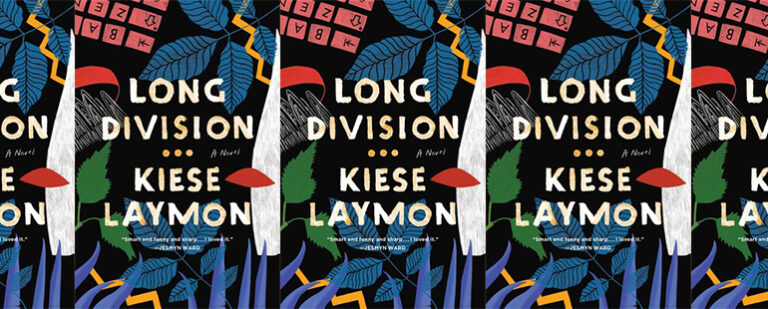
In revising his debut novel, about Black teenagers who time travel to see their family, Laymon gets to relive the experience of creating and being in his novel, in a world he created to and for his peoples.
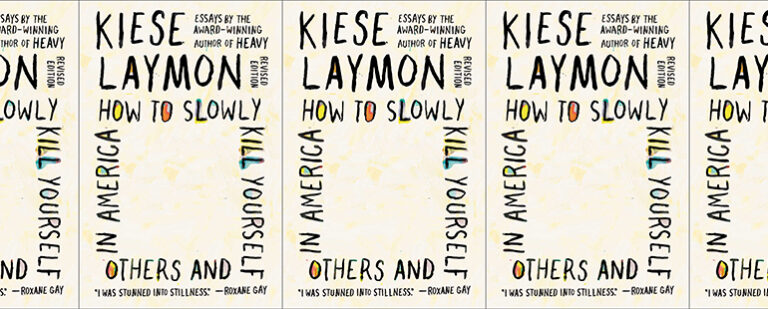
Revisiting his 2013 essay collection has strengthened Kiese Makeba Laymon’s voice and allowed him to truly build a home in the space he keeps.
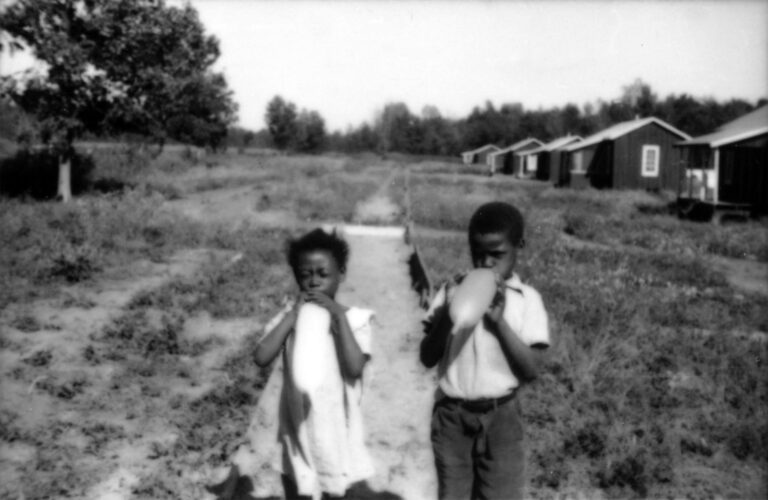
When I first read Kiese Laymon’s “City Summer, Country Summer” essay, it seemed a sweet, nostalgic comparison of Black culture in New York City to Mississippi. On second read, however, I saw that what united the two boys within was more than their age or the color of their skin: it was profound fear.
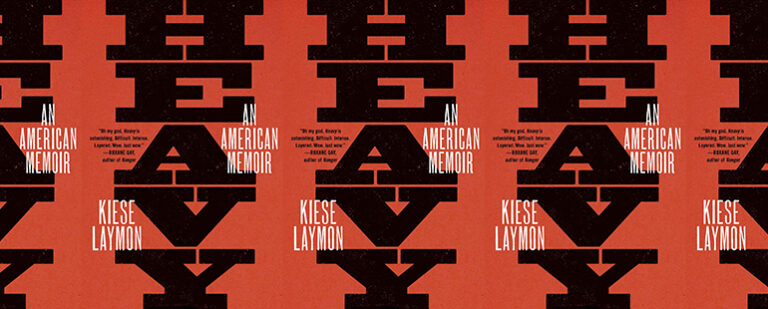
When I read Laymon’s recent memoir, I had a visceral reaction. It reminded me why I started writing. It made me wonder if my writing reaches my peoples and keeps us revising and growing in our stories. If writing protects us from the silence of memories lost.

In contemporary memoir, like works by Kiese Laymon and Jesmyn Ward, the ghosts that haunt the narrators are past selves, dead loved ones, or other traumas that manifest in these writers’ lives.
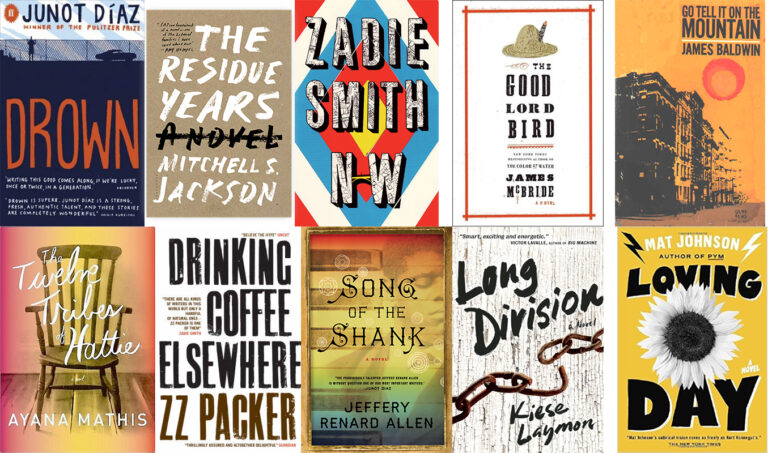
Just west of Houston, before you reach Texas’ most remarkable stretch of nothing, there’s a crumbling Latin diner I take my kid brother on Fridays. It is refreshingly un-Yelpable. The family’s owned it forever. They’re almost native in their darkness, and when I order two beers, they’ve pitched us a third by the time we’re…
No products in the cart.